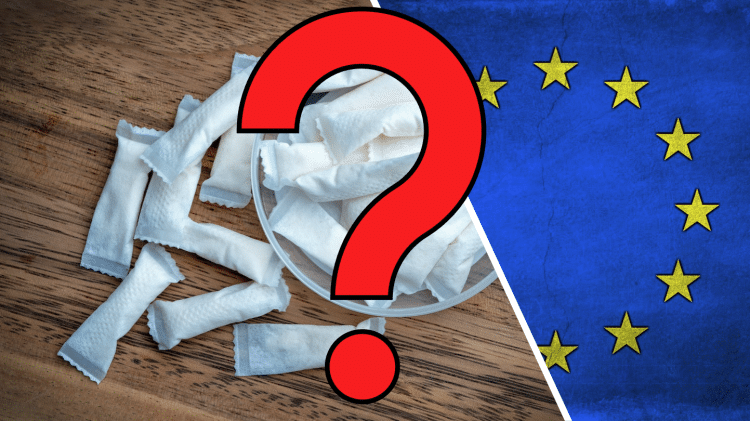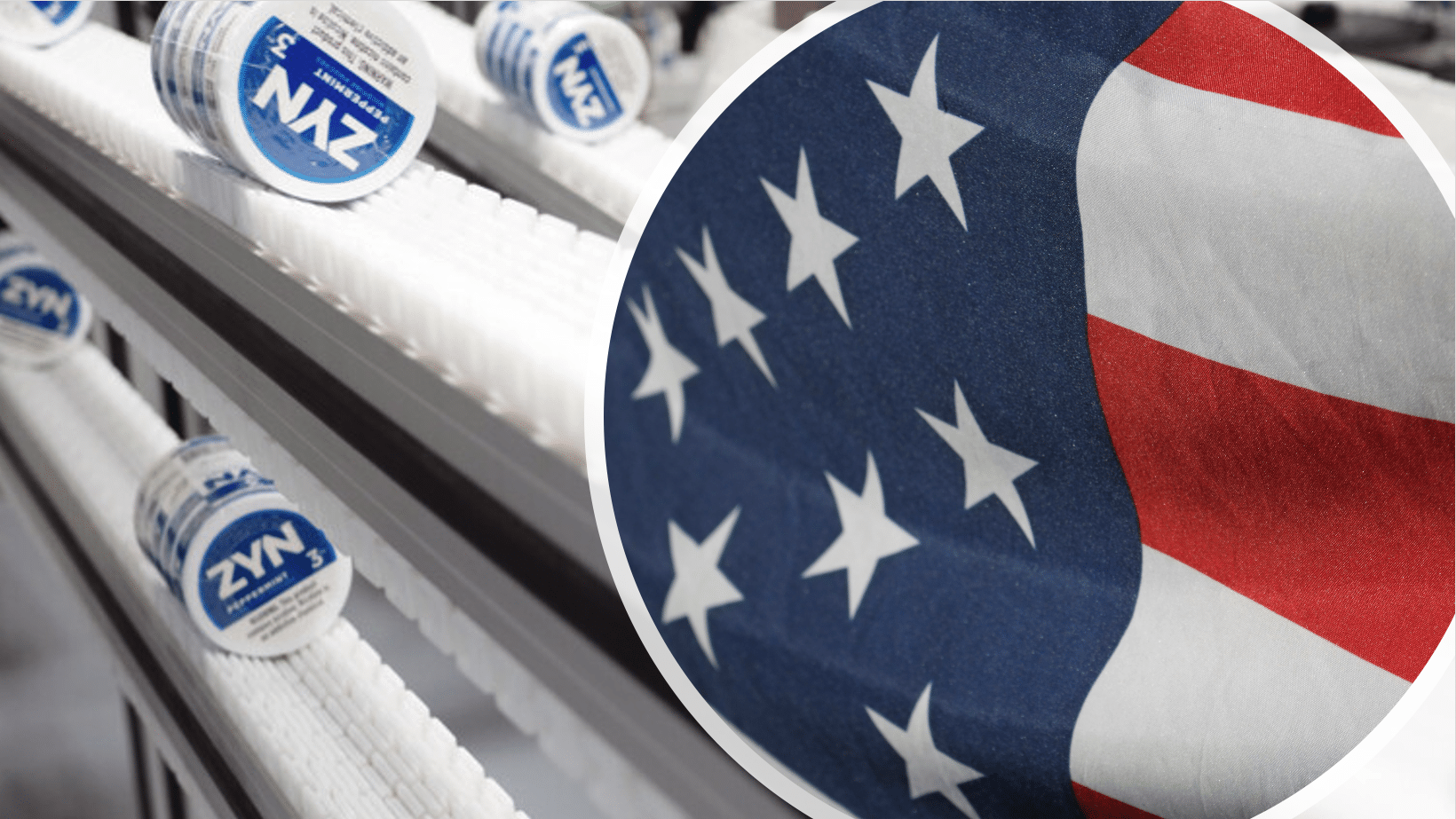
COP11: Leaked EU doc ‘puts future of nicotine pouches in doubt’
A leaked European Commission document ahead of the upcoming WHO COP 11 has revealed that the EU plans to push for “strict regulation or bans” on all smoke-free nicotine products, a stance critics warn could be the first step toward an EU-wide ban on nicotine pouches – even in Sweden.
The 30-page draft position outlines the EU’s negotiating line ahead of the 11th Conference of the Parties (COP11) to the WHO Framework Convention on Tobacco Control (FCTC).
In the document, the Commission explicitly urges “strong regulation or potential bans” on products such as nicotine pouches, e-cigarettes, and heated tobacco. By framing harm reduction as an “industry narrative” rather than a legitimate public health approach, it proves that Brussels has an “explicitly hostile stance” toward the concept, according to news and advocacy site Clearing The Air, which first published the document.
Patrik Strömer, Secretary General of the Association of Swedish Snus Manufacturers, hopes the leaked document spurs Sweden and other member states that have successfully regulated nicotine pouches into action.
“If Sweden and other member states don’t draw a clear line in the sand, flawed WHO recommendations may become the starting point for updated EU regulations,” he tells Snusforumet.
“And that creates a real risk that nicotine pouches will be banned across the EU – even in Sweden.”
A move away from science-based policy
The leaked text represents a marked escalation in pro-prohibition rhetoric compared to the language used in a 2021 opinion by the EU’s own scientific committee (SCHEER). While the SCHEER report’s methodology was widely criticised at the time by harm reduction advocates and Public Health England, the report at least acknowledged there was “weak to moderate evidence” that smoke-free products could potentially reduce harm for adult smokers if properly regulated.
The new draft, however, equates all nicotine use with smoking — despite mounting evidence to the contrary.
Among other things, it calls for flavour bans and packaging restrictions on e-cigarettes and nicotine pouches.
Although presented as measures to protect youth and the environment, these proposals could effectively eliminate lower-risk options while leaving deadly cigarettes untouched.
Experts warn that restricting safer products risks driving smokers back to combustible tobacco — a danger the leaked text fails to acknowledge.
“The Commission seems determined to ignore what works,” says Strömer.
“Thirty years after Sweden secured its exemption from the EU snus ban, the data are clear: Swedish men have the lowest rates of lung cancer in the EU, in large part thanks to access to smoke-free alternatives like snus and nicotine pouches.. It clearly demonstrates the positive impact of tobacco harm reduction.”
Concern over EU tobacco tax revisions
The leaked document arrives amid broader EU efforts to tighten tobacco and nicotine policy, including revisions that would apply tobacco taxes to nicotine pouches, a move Sweden’s finance minister Elisabeth Svantesson called “completely unacceptable.”
Together, these initiatives suggest a coordinated Brussels strategy to treat all nicotine products like deadly cigarettes.
“Instead of studying the one EU country that has actually solved the smoking problem, they’re doubling down on ideology,” says Strömer.
“That tells me there’s no real interest in reducing smoking — only in regulating.”




